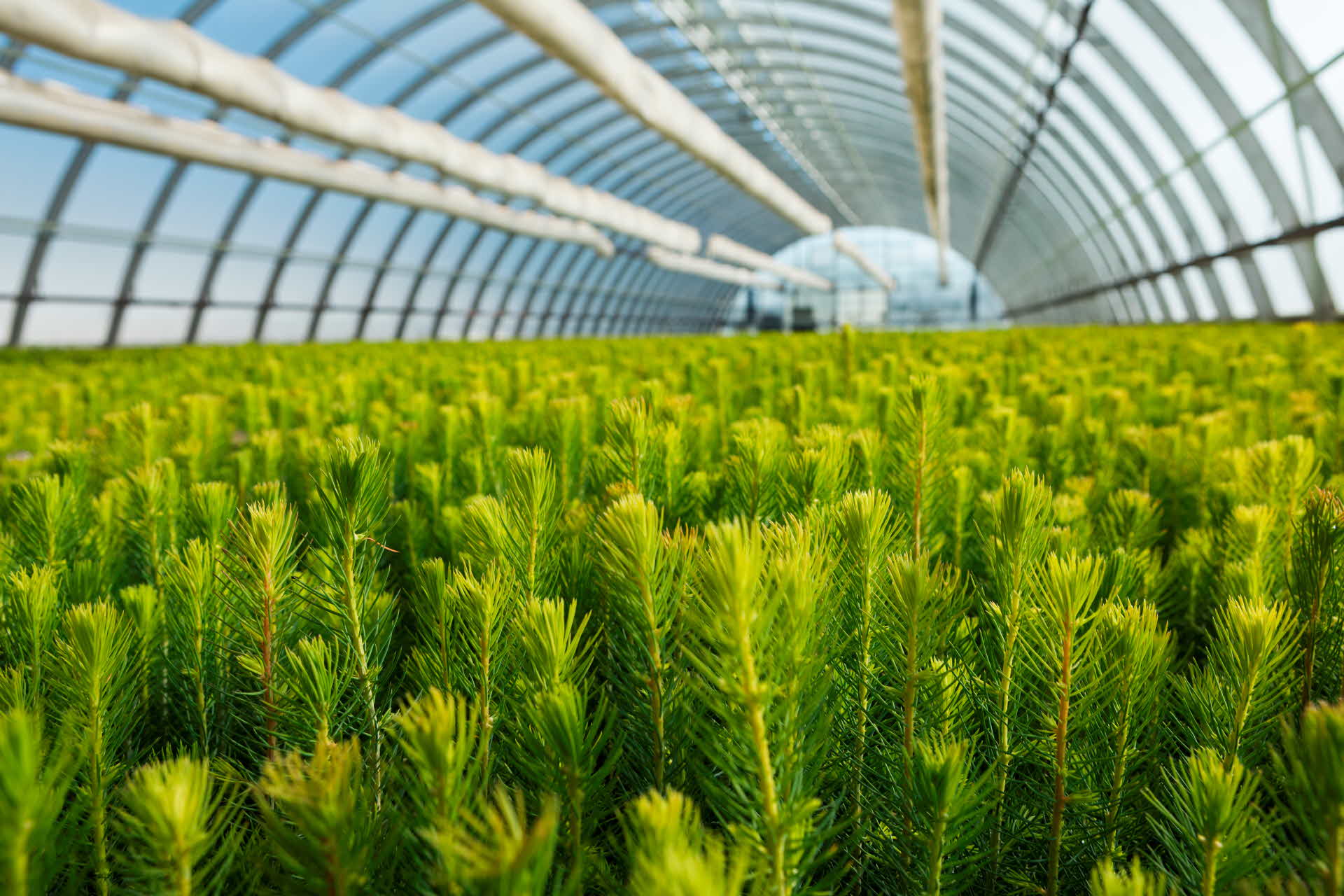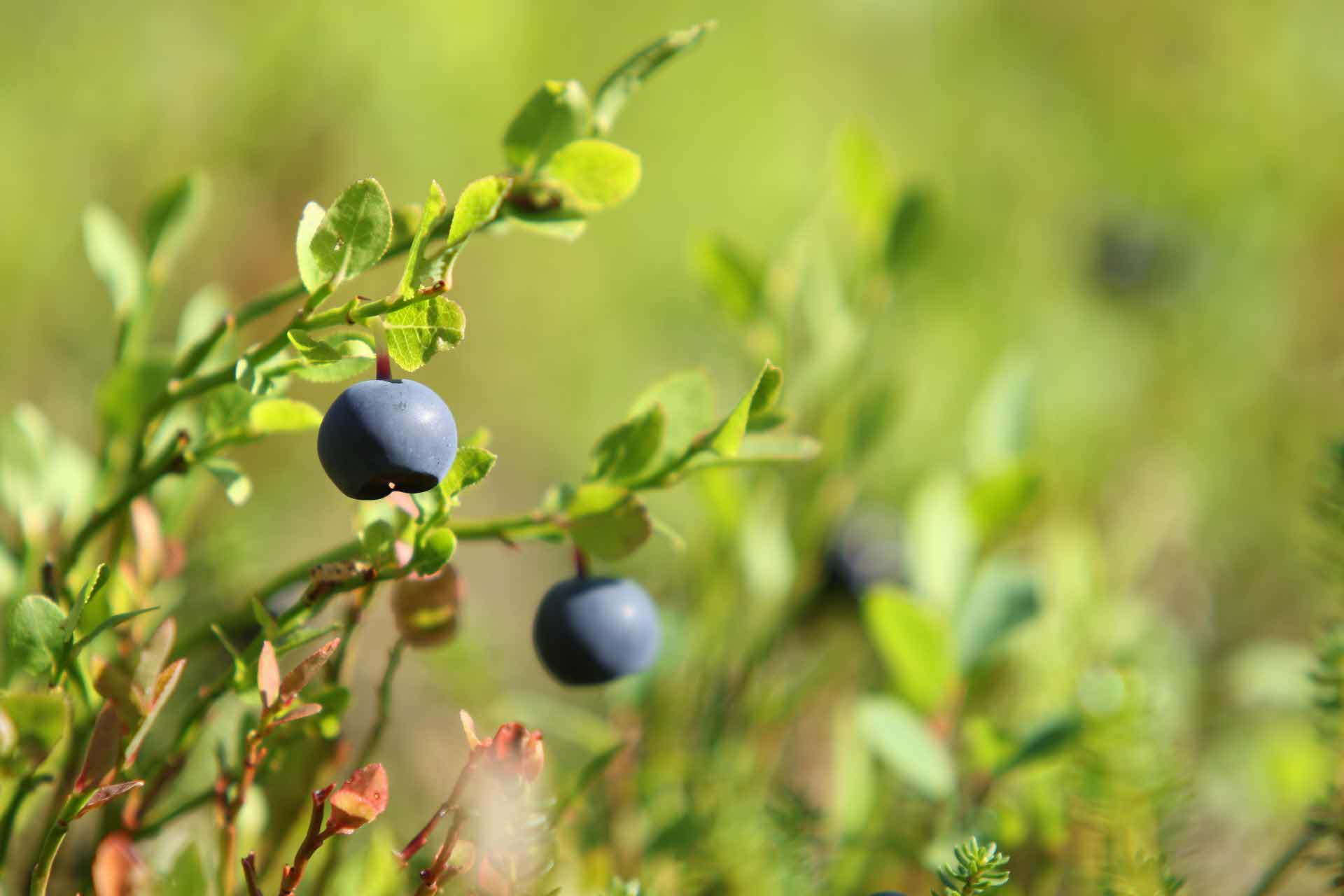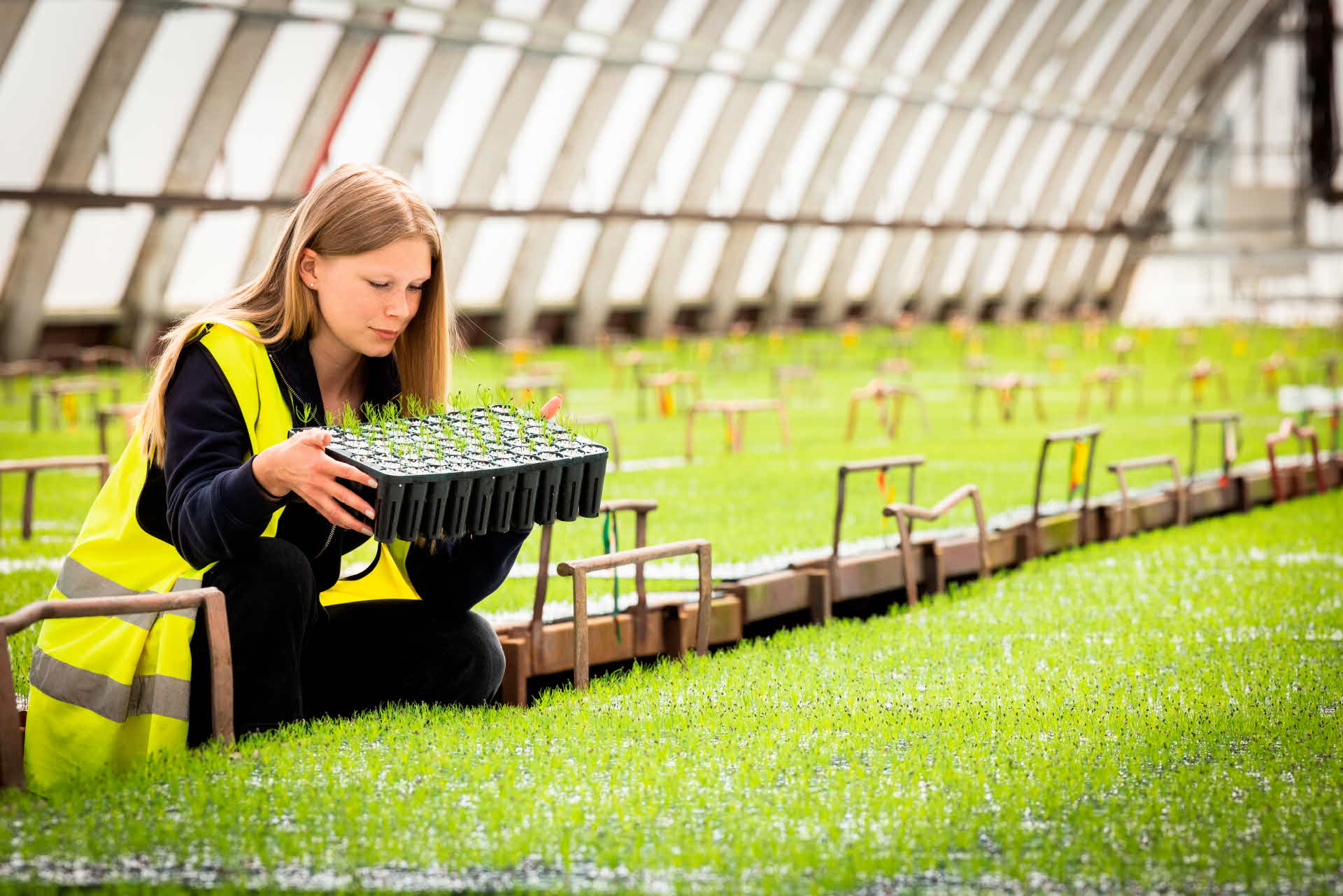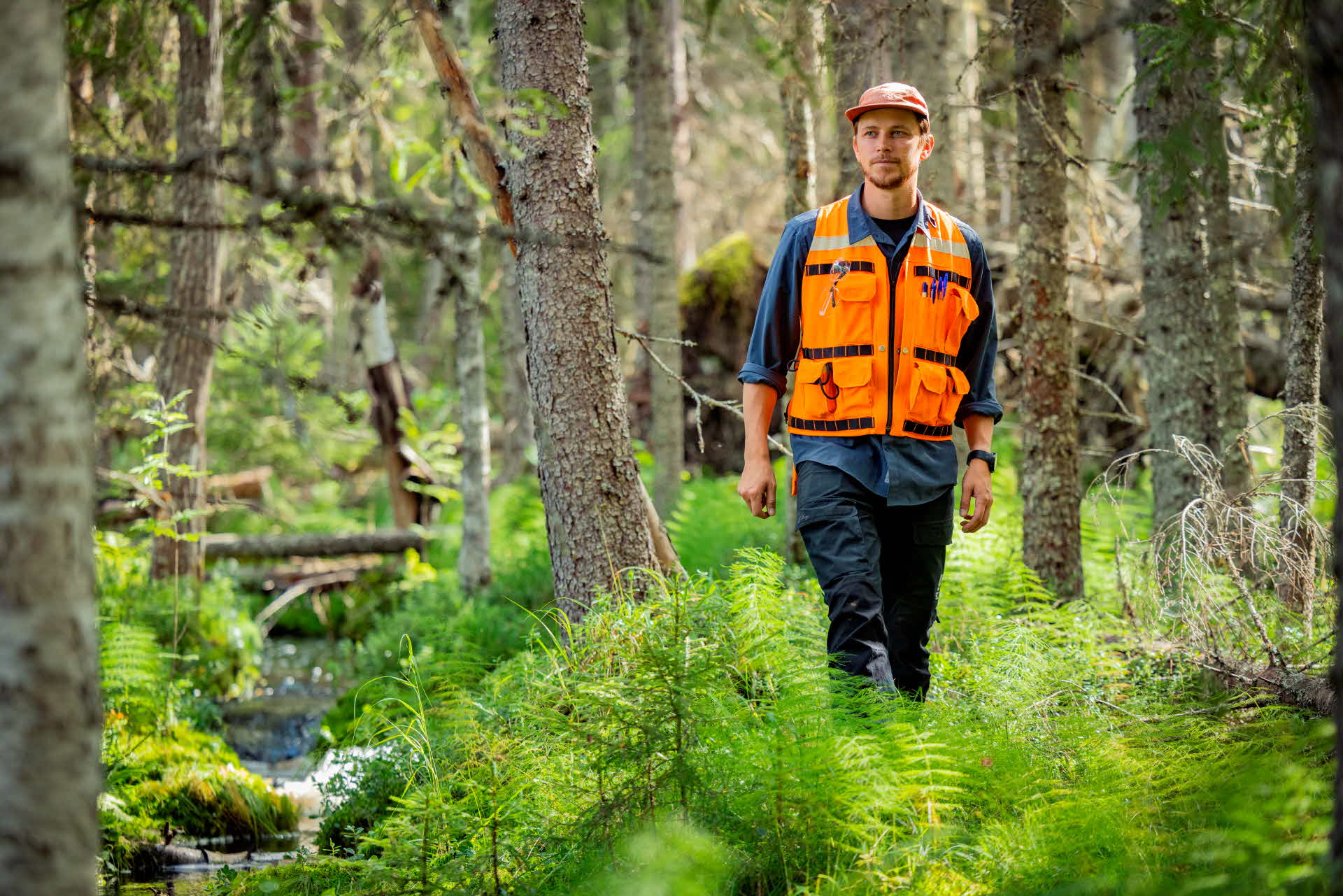
- SUSTAINABILITY
- OUR SUSTAINABILITY PLATFORM
- PROFITABLE GROWTH
Profitable growth
Profitable growth for SCA is essential if we are to work sustainably over time. Resources are needed to drive SCA forwards and take responsibility for forest, the environment and people. SCA’s strategy for profitable growth is built around us maximizing the value from each tree, maintaining a high degree of self-sufficiency and growing forest assets.
Supporting sustainability targets and outcome 2024:
Target: Total shareholder return, TSR.
Outcome: –5%. Peer group –9%.
Target: Stable and increasing dividend.
Outcome: Dividend for 2023 of SEK 2.75 per share. Proposed dividend for 2024 of SEK 3.00 per share.
Target: Financial stability – Investment Grade credit rating.
Outcome: Investment Grade.
SCA is a forest company with modern industries close to our large forest holding. We have a well-integrated value chain where the sum creates more value than each individual link. This is how we maximize the economic and climate benefits from each tree.
Growing forest assets
SCA is Europe’s largest private forest owner with 2.7 million hectares of land in northern Sweden and in Estonia, Latvia and Lithuania. Our responsible and active management of the forests increases growth and harvesting potential. Some of the most important measures to increase growth include the use of improved seedlings, new planting methods, active silviculture and by planting fast-growing contorta pine on suitable land.
Since the first forest inventory in the late 1940s, SCA’s standing volume has increased by more than 70%, while growth and the sustainable harvesting level have more than doubled. Using the harvesting plan that SCA has now adopted, standing volume will continue to increase, albeit at a slightly slower pace than in the past.
We wish to expand our forest holdings and have an ongoing program in Estonia, Latvia and Lithuania to acquire 100,000 hectares of forest land. Approximately 70% of the program is completed. Our local presence in the countries also strengthens our opportunities to eventually purchase timber from local forest owners in the region.
Investments increase the value from each tree
We have developed our value chain using a systematic approach to maximize the value of forest raw materials. Investments in the industries must be profitable on their own merits and add value throughout the chain.
We have completed several major investments and development projects, and production will gradually ramp up to full capacity. Obbola’s production capacity for kraftliner has increased significantly, our pulp mills in Östrand and Ortviken have been prepared for greater capacity. Our energy business has continued to grow through new wind power, increased pellets production and a joint venture plant in Gothenburg that manufactures liquid biofuel from SCA’s tall oil.
We will continue investing in our integrated value chain by increasing the production of solid-wood products, containerboard and pulp, and by realizing business opportunities in renewable energy.
High degree of self-sufficiency
Our high degree of self-sufficiency in wood raw material to our industries provides a reliable supply and good control of costs. It also provides a basis for long-term and strategic development.
Energy is another area where we have a high degree of self-sufficiency and we also provide a surplus to the market.
The production of green electricity in own facilities and lease income from own wind power largely corresponds to the electricity consumption. With production that is in balance with our own consumption, we achieve a level of cost security in periods of fluctuating electricity prices.
In respect of biofuel, we have a significant surplus to offer customers outside the company. There is also untapped potential in this area when demand increases for renewable energy as an alternative to gas and other fossil sources.
Our own transport organization also offers us security and control. It was particularly valuable in recent years, when there was widespread disruption in global and European logistics chains.
We also have a substantial buffer in respect of transportation fuels, albeit not directly via an in-house supply. Through the delivery of tall oil for fuel production, we were partly compensated for high fuel costs.

Profitability yields benefits

Our investments
Our investments – Several strategic capital expenditures were completed in recent years. More information is available about our recent investments here.


